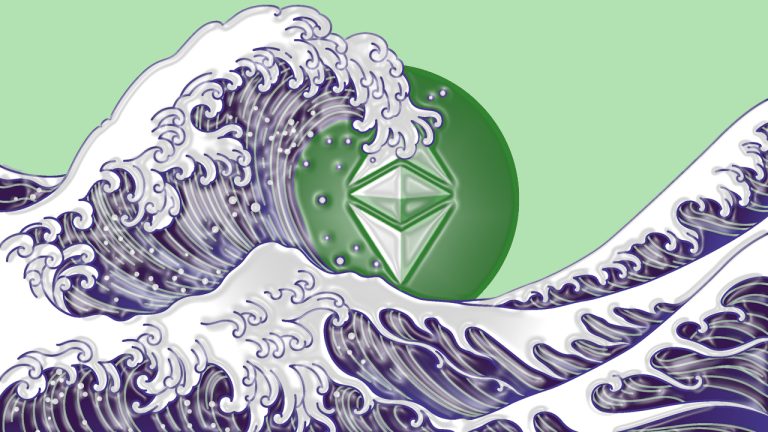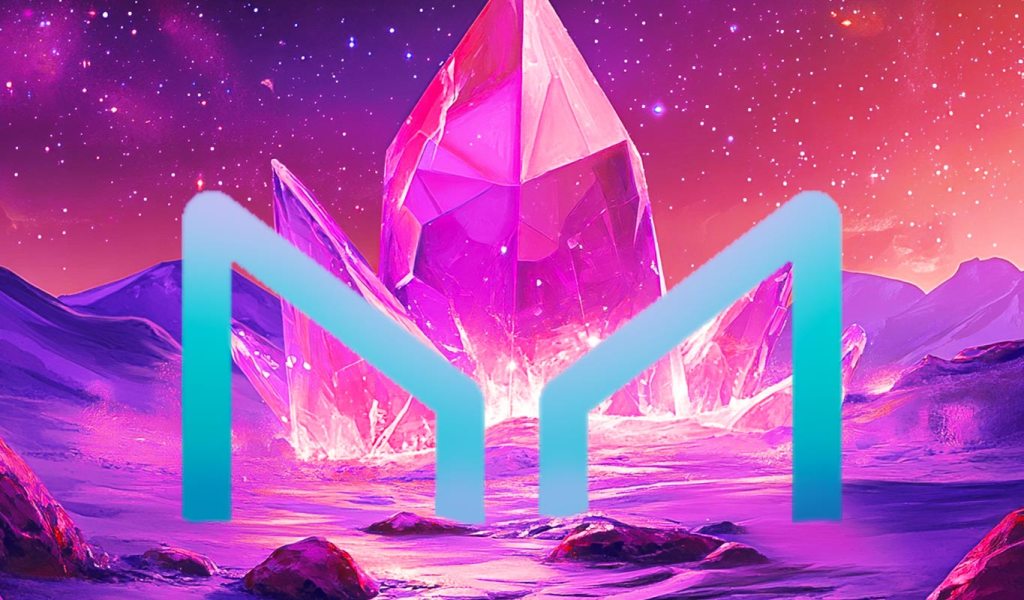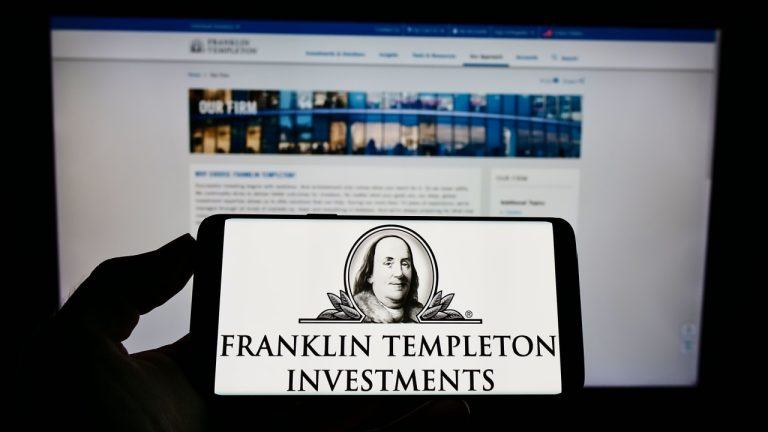
Ethereum Classic Hashrate Taps Another All-Time High, ETH Hashpower Remains Unchanged

On August 31, 2022, Ethereum Classic’s hashrate reached another all-time high (ATH) this year at block height 15,850,811. Ethereum Classic’s global hashpower surpassed the 40 terahash per second (TH/s) region on Wednesday. Despite the fact that the network’s hashrate has risen a great deal, Ethereum’s hashrate remains relatively unchanged with just over 1,000 TH/s dedicated to the network.
66 Mining Pools Dedicate More Than 1,000 Terahash to Ethereum, Network’s Hashrate Remains Steady and Unchanged
At the time of writing, Ethereum’s total difficulty is 12374533505752422, and when the total difficulty reaches 58750000000000000000 in roughly 13 days, the network will transition from a proof-of-work (PoW) network to a proof-of-stake (PoS) blockchain via The Merge.
When the transition is codified into the codebase, ethereum (ETH) miners will no longer be able to mine the digital currency. There are roughly 66 ether mining pools currently dedicating Ethash hashrate toward Ethereum, and they represent 1.04 petahash per second (PH/s) or 1,040 (TH/s) of hashpower.
When the change occurs, Ethash miners will have to mine a different network, and they can choose blockchains such as Ethereum Classic, Ravencoin, Beam, and Ergo. It’s been widely reported during the last two months that many believe the Ethereum Classic (ETC) network will reap the rewards of ethereum miners migrating to another chain.
In fact, ETC has seen an increase in recent times, and on August 31, 2022, the network hashrate reached an ATH tapping 40.73 TH/s at block height 15,850,811. However, while Ethereum’s hashrate has dropped some at the end of June, it has remained roughly the same since July 1, 2022.
Ethereum Classic May See a Massive Wave of Dedicated Hashpower Within the Next Two Weeks
Ethereum’s hashrate recorded a slight rise during the last 62 days, and the added terahash is the same amount of hashpower that secures the entire ETC chain. Ravencoin, Beam, and Ergo hashrates may have recorded slight upticks in terms of hashpower, but nothing compared to the rise ETC recorded since the first week of August 2022.
ETC’s hashrate has reached record all-time high achievements multiple times this week, and during the last 24 hours. With statistics showing that ethereum miners will likely continue mining ether all the way until the end (The Merge), Ethash-consensus chains like ETC may see a massive wave of dedicated hashpower within the next two weeks.
A number of large mining pools including Ethermine and Antpool have explained that they planned to stop mining ether in a PoW fashion and will support the ETH 2.0 transition. Furthermore, Ethermine announced the launch of a liquid staking service dedicated to the ETH 2.0 chain, and Antpool once said it was dedicating $10 million in resources toward the Ethereum Classic ecosystem.
Both mining pools (Ethermine, Antpool) and many others already mine ETC and are suggesting that pool participants choose another Ethash-consensus chain like ETC, RVN, BEAM, or ERGO when The Merge takes place. When the hashrate wave comes is anyone’s guess, as it is extremely profitable to mine ethereum (ETH) in comparison to mining coins that leverage other consensus algorithms.
Statistics on Thursday, September 1, 2022, at 11:00 a.m. (EST) indicate that Bitmain’s new Ethash miner the Antminer E9 with 2,400 megahash per second (MH/s) can get an estimated $47.72 per day in profits. An Innosilicon A11 with 1,500 MH/s can get an estimated $26.52 per day in ether profits.
What do you think about Ethereum Classic’s hashrate tapping an all-time high on August 31? When do you expect one of these Ethash consensus networks to get a wave of hashpower? Let us know what you think about this subject in the comments section below.
Go to Source
Author: Jamie Redman









